
The battle for global consumer deposits is going to be the fight of the century. But to vanquish old-fashioned banks, the DeFi sector needs to up its game.
The world runs on consumer spending and consumer saving. It is everyday people who actually power the most important parts of the global economy and the global financial system.
For consumers, this system runs through their retail bank. It is where most people save, spend and pay their taxes. This is the battleground for the coming fight: the battle for global consumer deposits.
Make no mistake, this will be the fight of the century. It will change the shape of the world more fundamentally than the internet has already. The internet was about information. DeFi is about capital — and as we all know, money is power.
Today, most people either hate or are indifferent to their bank. That is probably because they fine you for tiny mistakes, keep you on the phone for hours, give you the worst interest rates imaginable, and provide you with a user experience that borders on hostile.
That is not always the fault of the bank. Consumer regulation and controls have been mounting to the point that compliance is often one of the biggest cost centers for all retail banks. Such institutions cannot innovate because they are built to resist change, not to embrace it.
An irresistible opportunity
Decentralized finance has flipped the model on its head, delivering a new world of financial products, built using smart contracts that allow consumers to switch between providers in a matter of seconds, all at the click of a mouse.
Related: DeFi will bring global revolution to the traditional finance space
It is not that the DeFi model is just better — it’s simply fundamentally different. In the old world of retail banking, we had to trust the people that run banks. This trust is expensive. In the new world of decentralized finance, we trust the code that provides our financial services.
Protocols such as Aave, Uniswap and MakerDAO have the ability to directly control assets like USD Coin (USDC), Ether (ETH) and Wrapped Bitcoin (wBTC), enabling the rise of financial products that can operate 24/7, 365 days a year, with 100% uptime and no staff. It removes the cost of checks and balances. It takes handcrafted financial processes and turns them into automated programs.
Decentralized finance gives entrepreneurs an irresistible opportunity to truly compete in the world of global finance — a place that was once the exclusive realm of multinational corporations with eight-figure legal teams on retainer. Not only this, DeFi lowers the switching costs for a consumer to almost zero: I can move my capital from Aave to Compound to Uniswap in a matter of minutes, with precisely zero paperwork.
Related: DeFi-ing the odds: Why DeFi could rebuild trust in financial services
On DeFi, capital can flow almost instantly to the best value opportunities, and it provides the thing that global finance truly needs: real competition and real innovation. This competition is why DeFi will kill the retail bank. If I can get 15% APR in my favorite DeFi savings decentralized application, why would I ever keep my money in a bank?
With opportunities come threats
But right now, all is not well in DeFi. To date, DeFi on Ethereum has seen over $285 million in hacks, rewards are unfairly shared, and Ethereum continues to be congested and expensive to use.
The trust model of DeFi is code, not humans. The community is essential to the success of any ecosystem. To win, a platform must never get congested — no matter how many people are using it.
Related: Smart contract exploits are more ethical than hacking... or not?
We need a decentralized network where developers can build quickly without the constant threat of exploits and hacks, where every improvement will get rewarded, and where scale will never be a bottleneck. Because only then can the retail banks be slain and we get to see what great consumer finance truly looks like.
This article does not contain investment advice or recommendations. Every investment and trading move involves risk, and readers should conduct their own research when making a decision.
The views, thoughts and opinions expressed here are the author’s alone and do not necessarily reflect or represent the views and opinions of Cointelegraph.

You can get bonuses upto $100 FREE BONUS when you:
💰 Install these recommended apps:
💲 SocialGood - 100% Crypto Back on Everyday Shopping
💲 xPortal - The DeFi For The Next Billion
💲 CryptoTab Browser - Lightweight, fast, and ready to mine!
💰 Register on these recommended exchanges:
🟡 Binance🟡 Bitfinex🟡 Bitmart🟡 Bittrex🟡 Bitget
🟡 CoinEx🟡 Crypto.com🟡 Gate.io🟡 Huobi🟡 Kucoin.

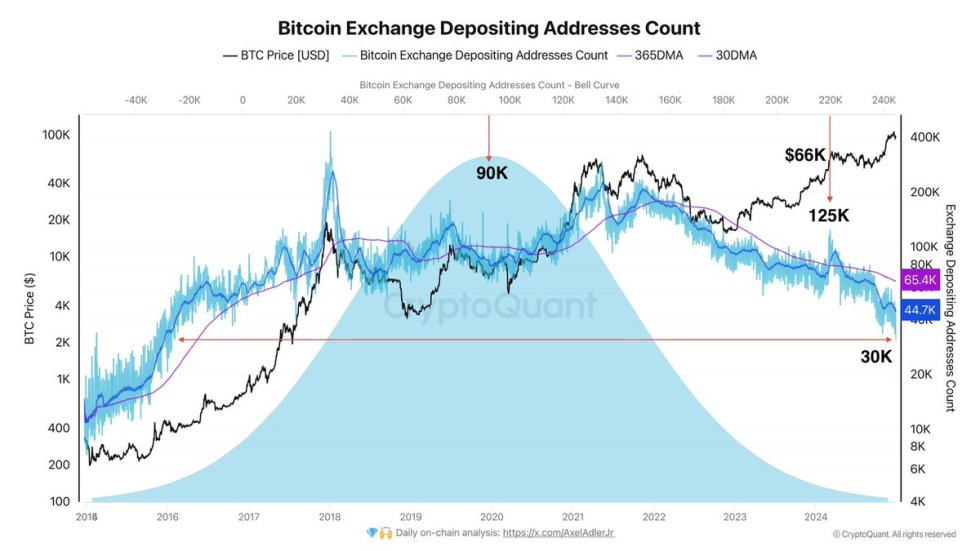



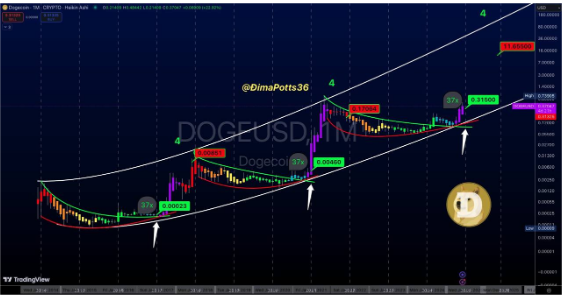





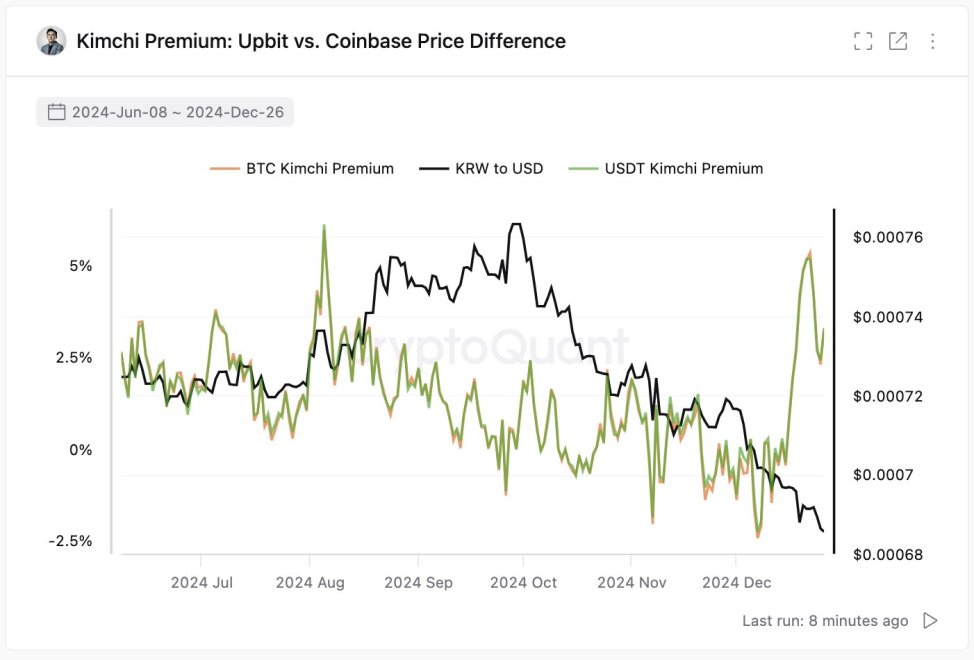

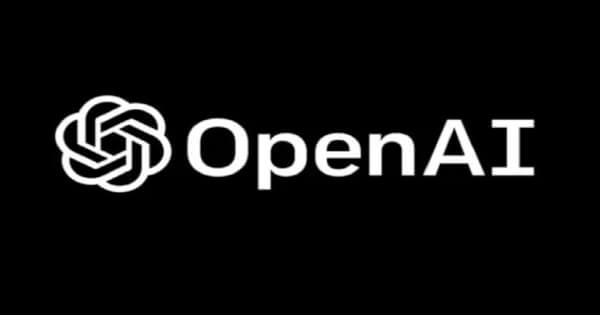


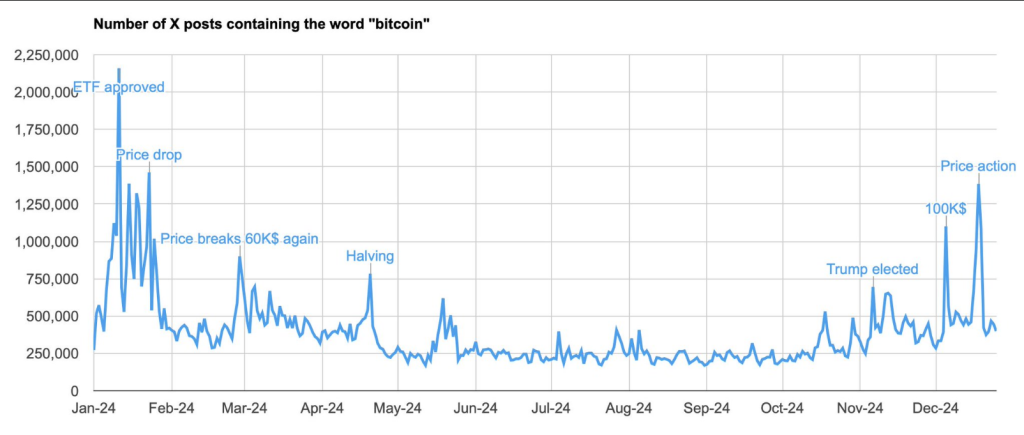


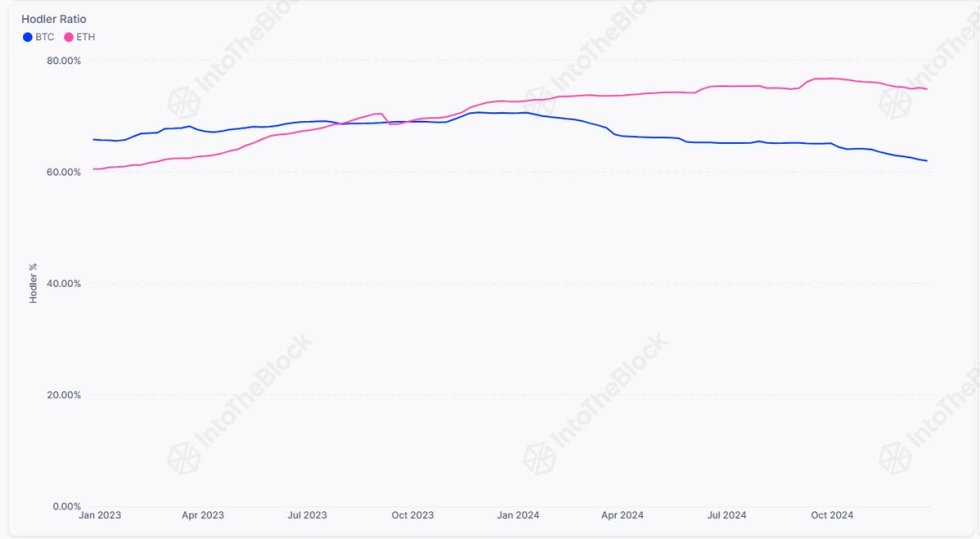
Comments